Our goal is to promote sustainability to achieve our business objectives, environmental stewardship and social responsibility.
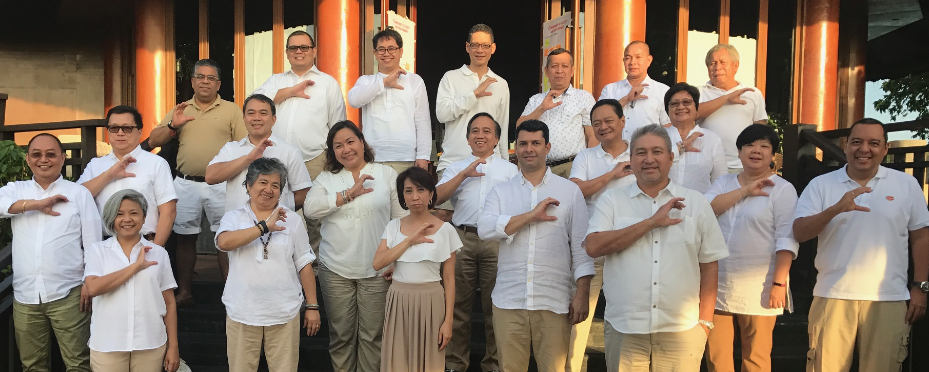
At Del Monte, sustainability is one of the Company’s strategic pillars and a key component supporting our vision “Nourishing Families. Enriching Lives. Every Day.”
We are fully committed to bringing high-quality, healthy and nutritious foods to people in a way that protects the environment, builds strong ties to our communities and enables our Company to grow and flourish.
"Our vision of a sustainable future will only materialise through action taken today.”
Achim Steiner, UN Environment Program
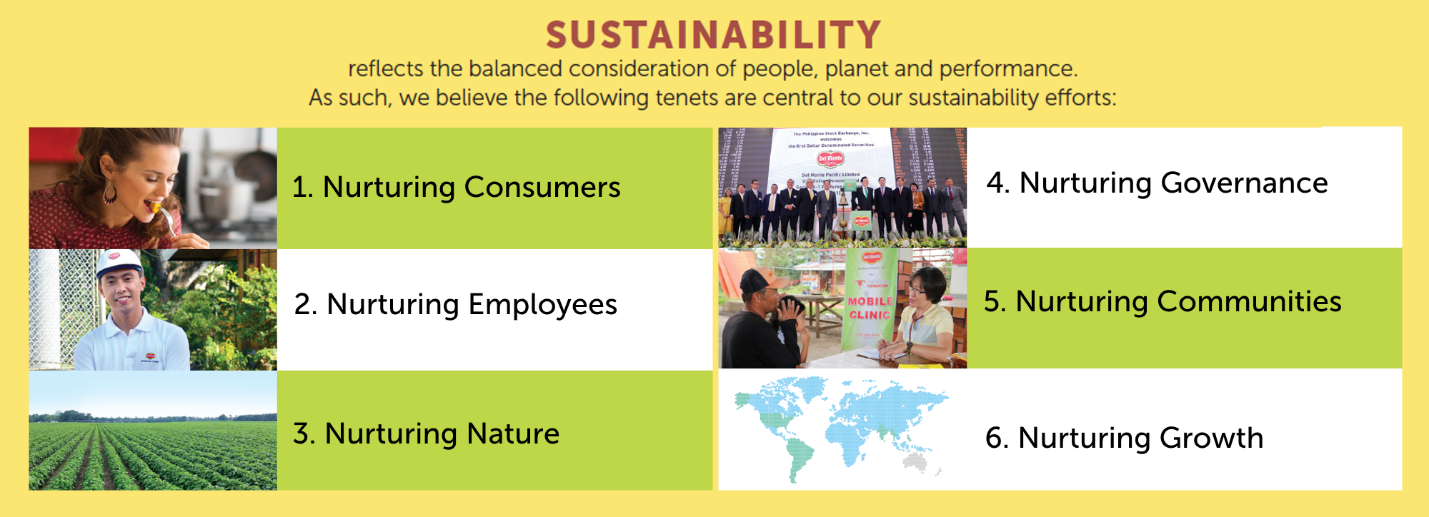
“The evidence shows that long-term financial success goes hand in hand with social responsibility, environmental stewardship and good governance.”
George Kell, UN Global Compact
.png?width=1024&name=Infographics%203%20(18).png)
* British Retail Consortium (BRC) standard is 4 hours
** Department of Labour and Employment (DOLE) Philippines
*** World Health Organisation Guidelines on Sugar (2015) Intake using Philippine Dietary Reference Intake (2015) recommends 63 grams maximum added sugar
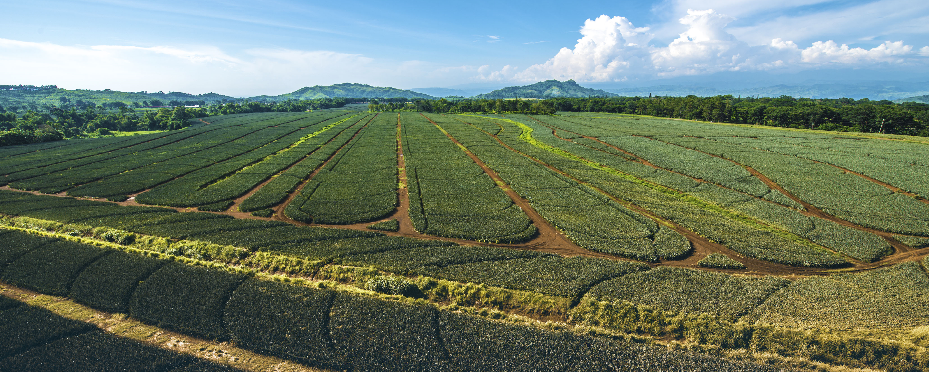
Pineapple plantation in Bukidnon, Philippines
We believe that conducting business is not just for profit but also for the betterment of people and stewardship of our planet. Sustainability is one of the strategic pillars in our long-range plan as a testament to our commitment to sustain our future through our sustainability goals.
Our Board of Directors ultimately oversees Del Monte’s sustainability strategy, which is developed together with our management team. The Board meets with management to review sustainability objectives and performance, which encompasses environmental, social and governance factors affecting the Company. Understanding stakeholders’ requirement for transparency, we strive to ensure that Del Monte adheres to the highest governance standards in doing business. For more information regarding our governance principles, please go to our website at www.delmontephil.com/corporate-governance.
Our sustainability strategy is developed by a cross-functional team composed of the leadership team and experts in different functional areas. Each functional team implements and manages the programmes to address the key material priorities of the Compay to achieve the sustainability goals. This brings to life our vision to nourish families, enrich lives, every day.
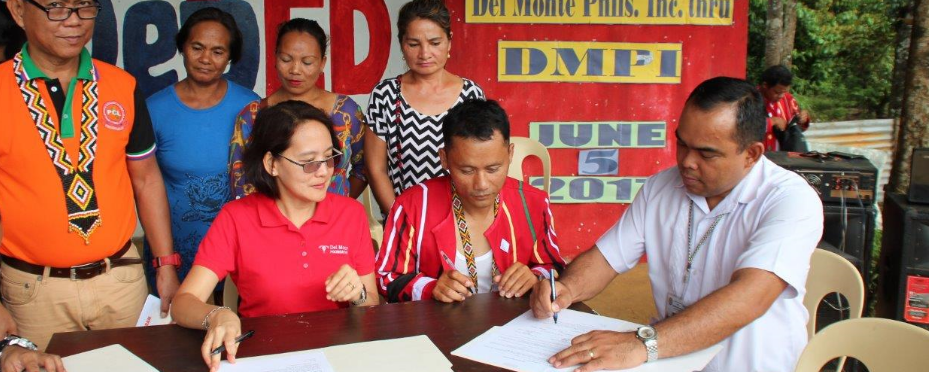
In the prior year, we completed an independent materiality assessment process to identify and assess our priorities with respect to products, people, the environment, governance, business and our stakeholders. We engaged the services of an independent global consultant, a sustainability specialist firm, to ensure the independent process of assessment.
Our materiality assessment had the following objectives:
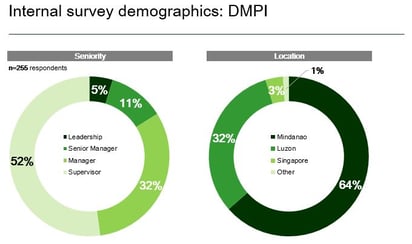
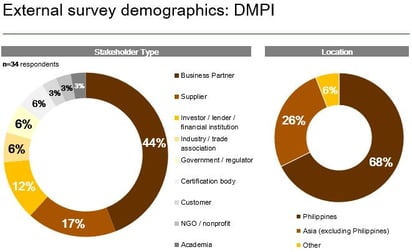
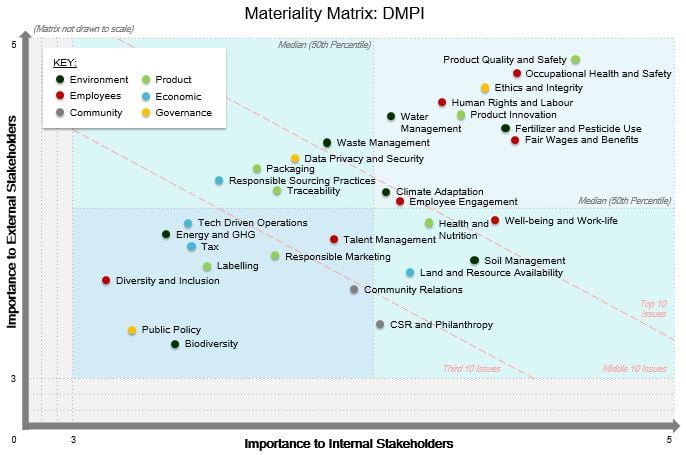
Our material priorities based on the independent assessment are as follows:.png?width=459&name=Infographics%203%20(19).png)
Aside from these priorities, we also included in our report some emerging issues – soil management, talent management and data protection, privacy and cyber. The Company provided a section on climate change adaptation, energy efficiency, and philanthropy as these are essential to our operations.

We follow best practices and international guidelines in reporting our sustainability performance. The Company uses the Global Reporting Initiative (GRI) Sustainability Reporting guidelines.
The Company has integrated the sustainability strategies and embedded them in the organisation. Our Quality Policy, Code of Conduct, Code of Business Ethics and Sustainability and Environmental Policies enable us to comply with the standards set by the GRI. This is closely monitored and reported, as illustrated throughout this report.
Del Monte in the Philippines is a member of the Supplier Ethical Data Exchange.
.png?width=562&name=Infographics%201%20(6).png)
The Company’s operating units have been certified for the following:
We continue to focus on building the long-term resiliency of our business as we deepen our understanding of the global business environment and remain mindful of the impact of our activities on the future of our planet.
We are guided by our vision, values and goals to provide health and wellness, environmental stewardship and employee welfare.
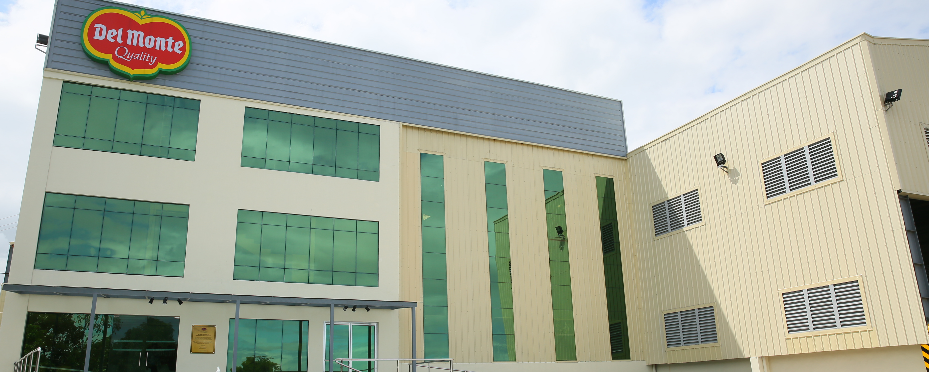
DMPI facility in Cabuyao, Philippines
Fully acknowledging our responsibility towards the future, the Corporate Sustainability team leads our efforts to increase sustainability advocacy amongst our stakeholders. Key leaders across the organization have been oriented on sustainable business and sustainability reporting. Each team within the Company has set goals to formalize commitments to our overall effort and recognize individual share of accountability as we strive to meet varying market demands.
The Company has identified its material sustainability issues by location which may differ from the Group’s material issues given the business model employed by the business units. As an example, our Company in the Philippines does the cultivation, planting and harvesting of pineapples, while our US subsidiary uses contract growers to source its fruits, tomatoes and vegetables.
The sustainability report period is from May 2017 to April 2018, or FY2018, in line with our financial year. We have excluded our Indian joint venture business from this report since its contribution to the total business is not material.
Contadina (Facebook site only accessible in the Philippines)
Del Monte CareersDel Monte Philippines, Inc., JY Campos Centre 9th Avenue corner 30th Street,
Bonifacio Global City, Taguig City, 1634 Philippines Tel: +632 8856 2888 Fax: +632 8856 2590